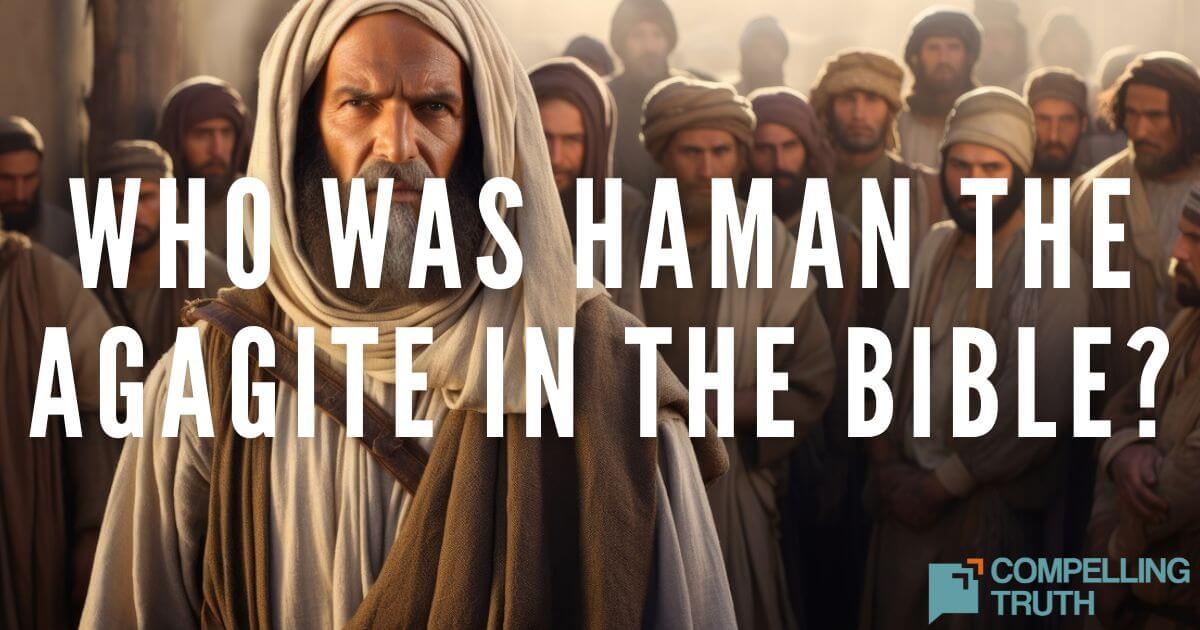Esther, a Jewish orphan raised by her relative Mordecai, became queen of Persia without revealing her heritage. When Haman, a high-ranking official, plotted to annihilate the Jews, Mordecai urged Esther to intervene despite the risks. Mordecai's words, "for such a time as this," emphasized that Esther's royal position was divinely purposed to save her people. Esther bravely approached King Xerxes, won his favor, and successfully thwarted Haman's plan, saving the Jews. Her story teaches us that God places individuals in specific situations to fulfill His purposes and that acting with faith can lead to significant impacts.
Queen Esther was used by God to save her people, the Jews, from destruction. She was in her position "for such a time as this," and Mordecai had the eyes to see that it was so. Esther had a choice to make when Mordecai called her to risk her life for the sake of her people. She could have remained silent and hoped that she herself would be protected, or she could have recognized the meaning behind her story—that God had placed her in her position for a reason. Thankfully, she acted by faith and chose the latter option.
From Esther's story, we can learn that we, too, are placed into different situations "for such a time as this." God gives each of us influence and opportunities where we may do His work and speak His truth. We must not be passive participants in our own lives and spheres of influence. God has good work that needs to be done here on earth, and He places us in positions where He knows we can make a difference (Ephesians 2:8–10). Just as He did with Esther, God directs us into our own "for such a time as this" opportunities, and it is up to us whether we will choose to trust and obey His leading. This doesn't place all the pressure on us to make God's plans come to pass. For He "works all things according to the counsel of his will" (Ephesians 1:11). God's plans and purposes will come to pass, but He actively invites us to play a part and equips us in Jesus Christ for every challenge that we face along the journey (Philippians 2:12–13; 2 Peter 1:3–11). What a gift!




